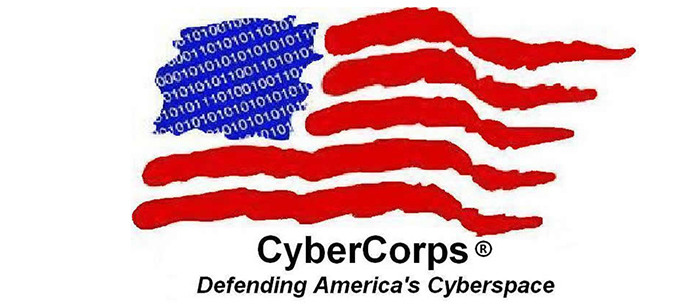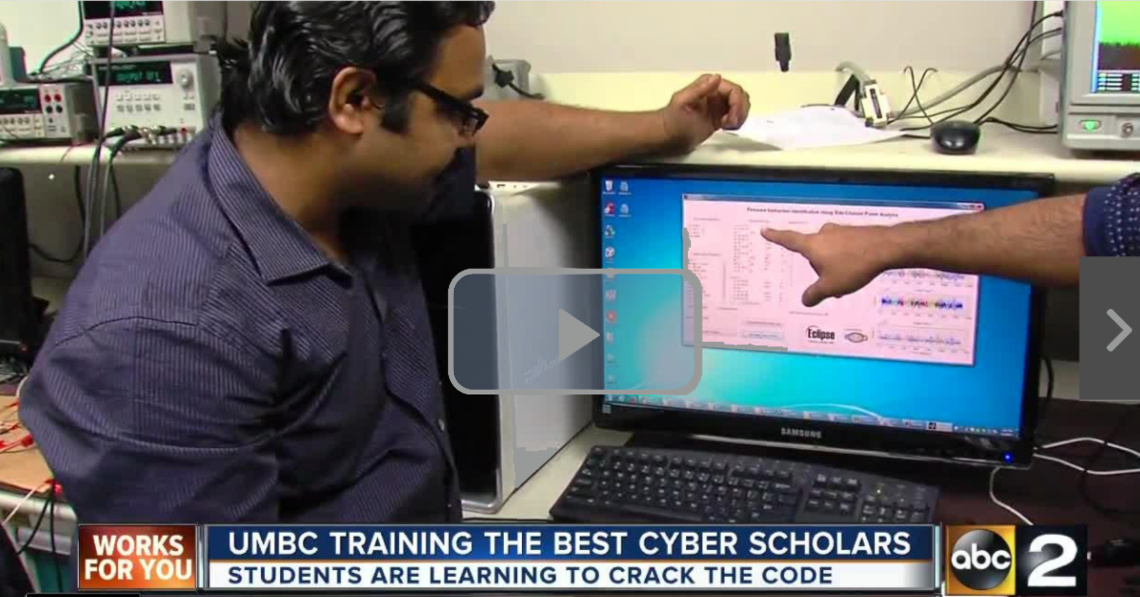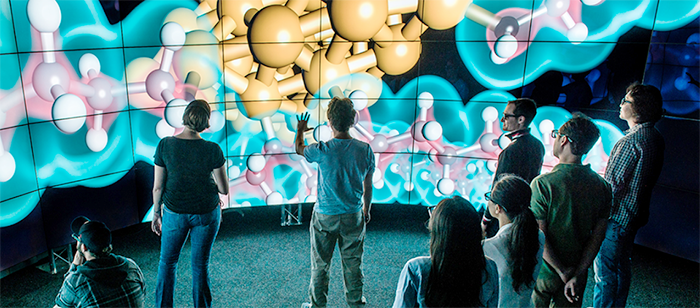
Dissertation Defense
Deep Representation of Lyrical Style and Semantics for Music Recommendation
Abhay L. Kashyap
11:00-1:00 Thursday, 20 July 2017, ITE 346
In the age of music streaming, the need for effective recommendations is important for music discovery and a personalized user experience. Collaborative filtering based recommenders suffer from popularity bias and cold-start which is commonly mitigated by content features. For music, research in content based methods have mainly been focused in the acoustic domain while lyrical content has received little attention. Lyrics contain information about a song’s topic and sentiment that cannot be easily extracted from the audio. This is especially important for lyrics-centric genres like Rap, which was the most streamed genre in 2016. The goal of this dissertation is to explore and evaluate different lyrical content features that could be useful for content, context and emotion based models for music recommendation systems.
With Rap as the primary use case, this dissertation focuses on featurizing two main aspects of lyrics; its artistic style of composition and its semantic content. For lyrical style, a suite of high level rhyme density features are extracted in addition to literary features like the use of figurative language, profanity and vocabulary strength. In contrast to these engineered features, Convolutional Neural Networks (CNN) are used to automatically learn rhyme patterns and other relevant features. For semantics, lyrics are represented using both traditional IR techniques and the more recent neural embedding methods.
These lyrical features are evaluated for artist identification and compared with artist and song similarity measures from a real-world collaborative filtering based recommendation system from Last.fm. It is shown that both rhyme and literary features serve as strong indicators to characterize artists with feature learning methods like CNNs achieving comparable results. For artist and song similarity, a strong relationship was observed between these features and the way users consume music while neural embedding methods significantly outperformed LSA. Finally, this work is accompanied by a web-application, Rapalytics.com, that is dedicated to visualizing all these lyrical features and has been featured on a number of media outlets, most notably, Vox, attn: and Metro.
Committee: Drs. Tim Finin (chair), Anupam Joshi, Tim Oates, Cynthia Matuszek and Pranam Kolari (Walmart Labs)









